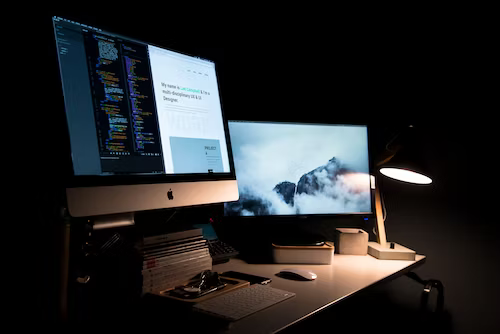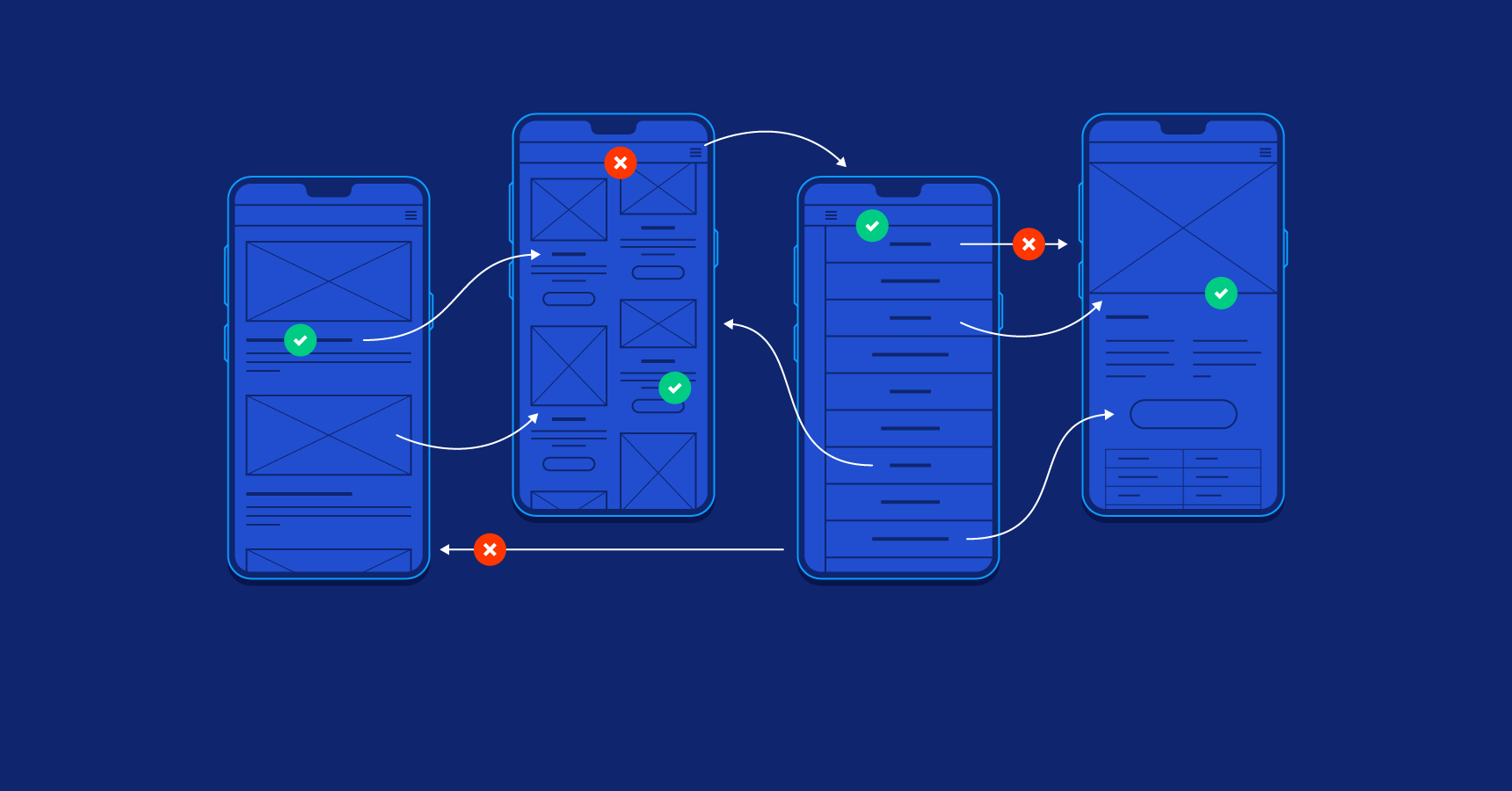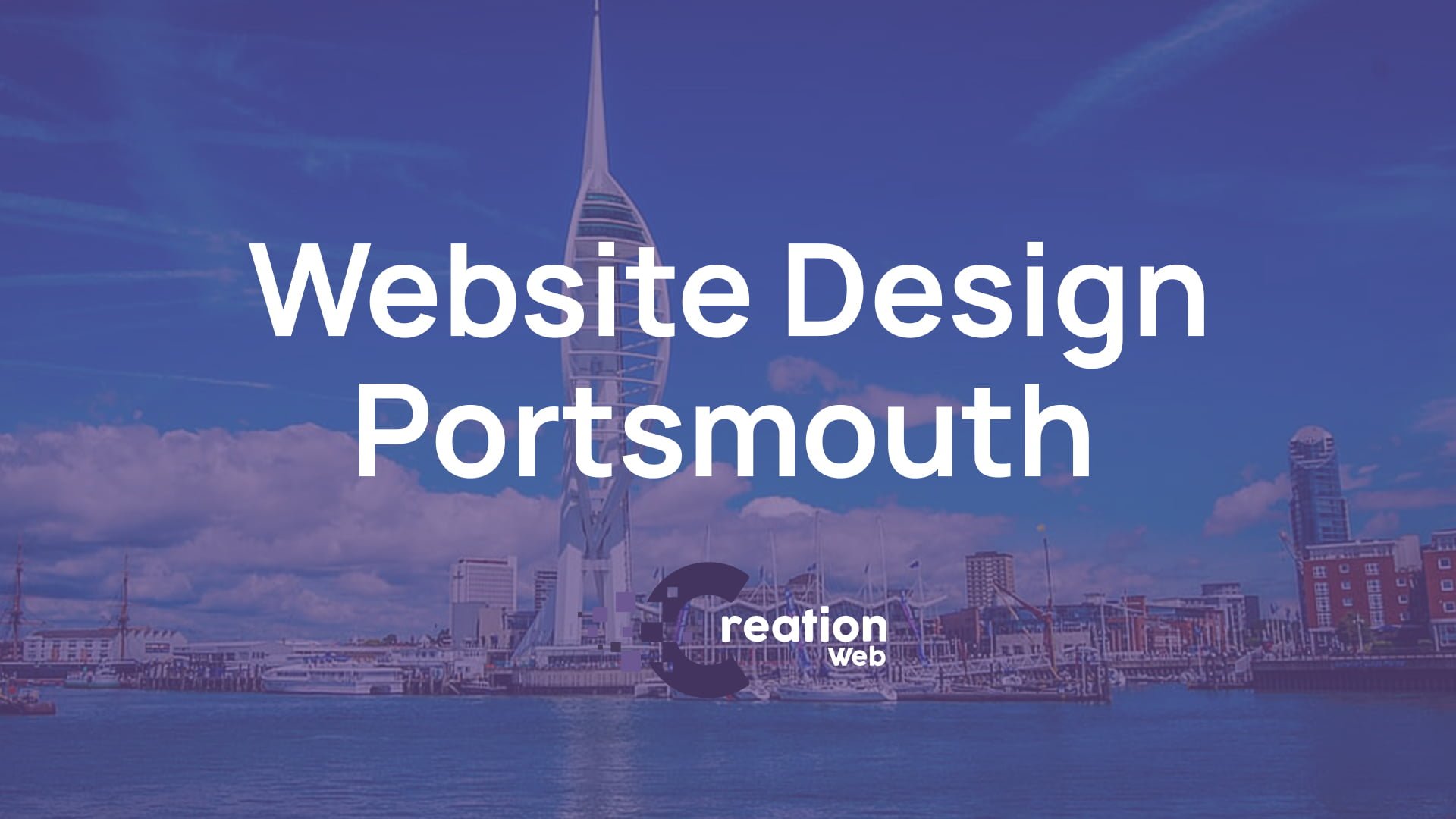In the vast digital landscape, website design has always been a crucial element determining how we interact, perceive, and navigate online spaces. The UK, as a beacon of digital innovation, has witnessed a whirlwind of changes in web design trends over the decades. Let’s journey through this evolution, from the rudimentary days of the internet to the sophisticated designs of today.
1. The 90s: The Humble Beginnings of Web Design In the infancy of the World Wide Web, UK website design was very much in its embryonic phase.
- The rise of HTML: The 90s marked the initiation of HTML. Websites predominantly consisted of static pages, replete with under construction banners.
- Trending design elements: Animated GIFs were the stars of the show, along with scrolling marquees and gaudy frames. The UK’s early digital landscape was colourful, albeit a tad chaotic.
2. The 2000s: A Time of Rapid Digital Maturation With the turn of the millennium, web design in the UK embarked on a phase of rapid evolution.
- Introduction of CSS: Cascading Style Sheets transformed web design, enabling designers to separate content from design. This fostered creativity and greater design flexibility.
- Flash takes the stage: Flash websites became immensely popular, offering a multimedia-rich experience. However, its heavy footprint and subsequent compatibility issues led to its eventual decline.
- Web 2.0’s emergence: This era championed rounded edges, gradients, and a boost in interactivity, marking a paradigm shift from static pages to dynamic, user-generated content.
3. The 2010s: Mobiles, Responsiveness, and a Design Revolution With smartphones permeating daily life, web design had to adapt swiftly.
- The mobile surge: The UK, with its burgeoning smartphone usage, experienced a shift in browsing habits. Websites now had to cater to smaller screens.
- Responsive design: This technique became indispensable, ensuring that sites appeared optimally on varied device sizes. The UK’s web designers embraced fluid grids, flexible images, and media queries.
- Popular trends: Flat design took root, promoting clean lines and minimalistic aesthetics. Infinite scrolling and parallax effects further enriched the browsing experience.
4. The 2020s: Towards a User-Centric Digital Horizon Modern web design pivots towards the user, aiming for accessibility, inclusivity, and aesthetic delight.
- Dark mode’s rise: A trend globally and in the UK, dark mode not only offers visual relief but also promotes energy conservation on OLED screens.
- Minimalistic ethos: Today’s UK websites champion a decluttered, content-centric approach, guiding users seamlessly towards their goals.
- Inclusive design: Ensuring accessibility for all users, including those with disabilities, has become paramount. Websites now incorporate features like screen reader compatibility and keyboard-friendly navigation.
5. Looking Forward: The Future of Web Design in the UK While predicting the precise trajectory of web design evolution is challenging, certain trends are shaping the UK’s digital horizon.
- Virtual and Augmented Reality (VR & AR): Immersive experiences are on the cusp of becoming mainstream, offering users interactive 3D worlds.
- AI & Personalisation: AI-driven designs cater to individual user preferences, crafting tailored browsing experiences.
- Green and sustainable design: With growing environmental consciousness, sustainable web design that consumes less energy is on the rise.
Conclusion From the early days of animated GIFs to the sophisticated, user-centric designs of today, the UK’s web design journey is a testament to innovation, adaptability, and creativity. As technology continues to evolve at breakneck speed, one thing remains clear: the best is yet to come.


